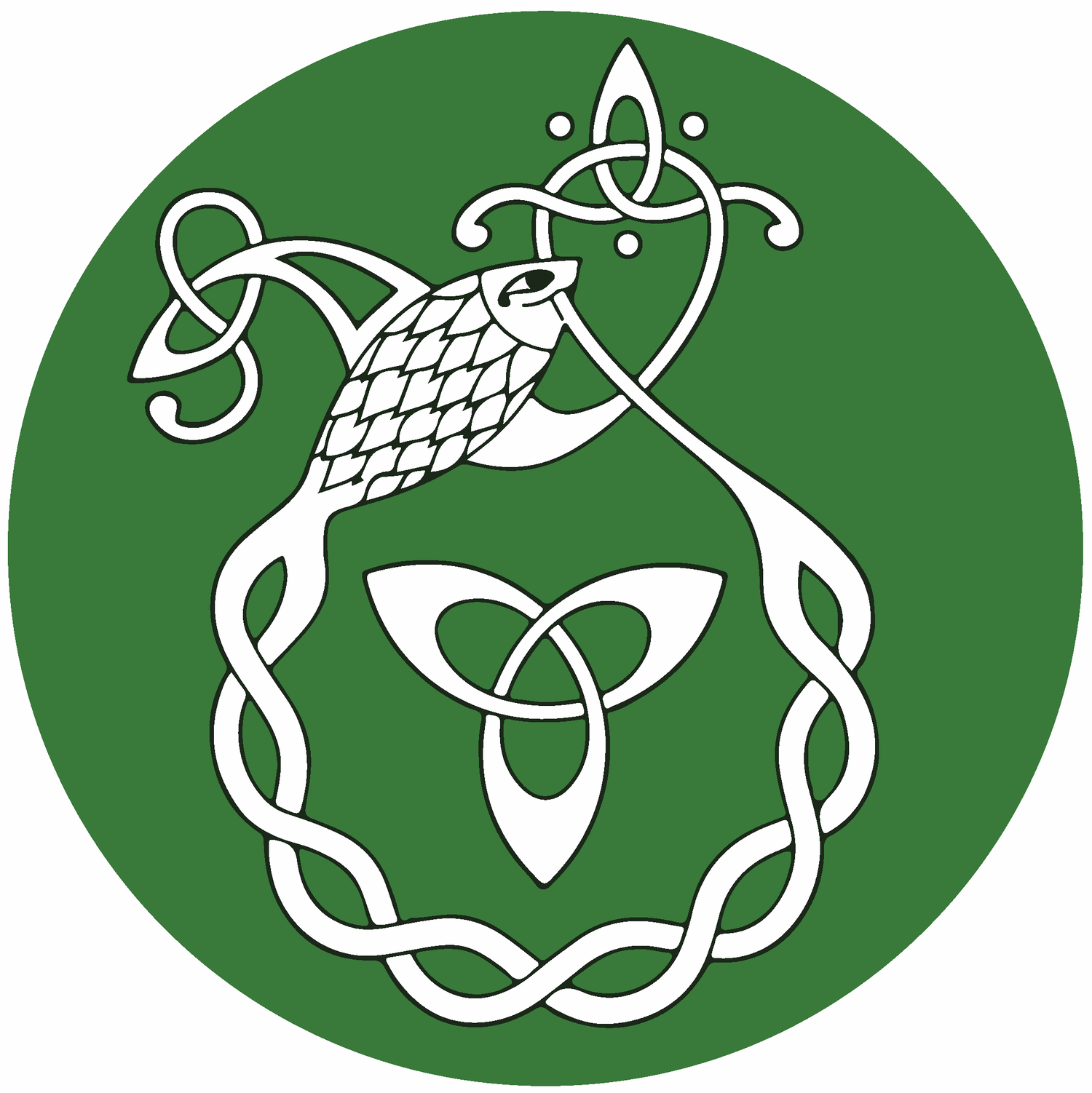Míle Míle i gCéin (2015)
Dónall Ó Dubhghaill*
This book, supported by the Government of Canada and Glór na nGael, Ireland, is the first monograph dedicated to the history of the Irish language in Canada. Its text is a peer-reviewed narrative tracing a path from the first hints of Irish speakers on Canada’s Atlantic coast in the mid 1500s through to the present day revival efforts. This book was awarded the literary award at Oireachtas Gaeilge Cheanada, 2015. The underlying research comprises much of this virtual exhibit.
“It is safe to say that at no point in the almost half a millennium of Irish history in Canada has there been a time when the Irish language was not heard somewhere across the country, even if only through individual, isolated speakers. Peter Toner notes:
‘...Paddy & Bridget [ie. the Catholic Irish] did indeed include their language in their cultural baggage when they emigrated, and then kept right on speaking that language and passed it along to several succeeding generations. And Billy & Maggie [ie. the Protestant Irish] very often did the same precise thing... this has been repressed in Canadian social history, but also, it has been disremembered in Irish social history as well.’(1)
Despite the continued presence of the language in Canada, there remains a mostly unrecorded and ignored past of the Irish language in the global diaspora.(2) Sarah McMonagle states:
‘...it is indeed remarkable that in a country noted for celebrating its multicultural heritage, Irish identities have been neglected... Irish, too, ought to be deemed culturally significant in this respect due to its historical, yet largely undocumented, presence in Canada and to its traceability and celebration in the present day.’(3)
Today, around the world, there are an estimated 70 million people who claim Irish ancestry.(4) Of those, around 36 million are in North America alone.(5) Muireann Ní Chíobháin correctly states that ‘Más suim le haon trian díobh an Ghaeilge, sin athbheochan na Gaeilge ar scála nach bhfacthas riamh!’(6) (If only one-third of them have interest in the Irish language, that would be a revival of Irish on a scale never before seen!) The Irish language is at a critical juncture, with decline continuing in its core communities. As Donncha Ó hÉallaithe notes:
‘The wonder of it is that the Irish language is alive at all. Alive it is, but numbers using it as an everyday language of communication have reached the stage that any further reduction could result in a drop below the threshold necessary for survival. It is perilously close to that threshold, though there are some reasons to think that the situation can be turned around, but only if a concerted effort is made to ensure its survival.’(7)
The situation in Ireland is at a crossroads, one which the Irish-speakers in Canada at one point also silently faced. For Ireland, the history of the language’s spread, decline, and demise in Canada may yet serve as a reminder of the tragedy of language loss. For Canada, new discussions of its forgotten Irish Gaelic heritage may do something which at one time seemed impossible: ‘...a ghuth Gaelach a thabhairt chun cinn.’(8) (its Irish Gaelic voice to bring to the forefront).
*Book published under the author name Danny Doyle
Adapted from: Doyle, Danny (Ó Dubhghaill, Dónall). 2015. Míle Míle i gCéin: The Irish Language in Canada. Ottawa: Borealis Press.
For citation, please use: Ó Dubhghaill, Dónall. 2015. “Míle Míle i gCéin.” Na Gaeil san Áit Ró-Fhuar. Gaeltacht an Oileáin Úir: www.gaeilge.ca
-
Citations as in original text.
Toner, Peter. “Re: Derry.” Message to Daniel Doyle. 18 Feb 2013. E-mail.
McMonagle, Sarah. “Finding the Irish Language in Canada.”New Hibernia Review. 16.1 (Spring 2012): 135.
Ibid., 148.
Robinson, Mary. “Inaugural Speech.” Dublin Castle, Dublin. 03 Dec 1990. Address.
Ní Chíobháin, Muireann. “Deis dul ag múineadh na Gaeilge i gCeanada.” Foinse. 25 Jan 2012.
Ibid.
Ó hÉallaithe, Donncha. “From Language Revival to Language Survival.” Who Needs Irish. Ed. Mac Murchaidh, Ciarán. Dublin: Veritas Publications, 2004. 183-184.
Comhaltas Mheiriceá Thuaidh. Straitéis 20-Bliain don Ghaeilge i Meiriceá Thuaidh. Comhaltas, 2012. 8.

